What is your most natural role in the revolution? What skills and aptitudes do you have that will help us all overthrow these systems that are oppressing us and destroying life on the planet?
Do you stay calm in crisis? Do you have a really strong stomach and tolerance for gore? Are you an excellent listener? Are you a talented healer? Have you trained in skills relevant to self-defense and combat? Do you have a good head for escape routes, weak points, maps, and floor plans? Are you a skilled farmer, builder, welder, carpenter? Are you good at organizing the logistics of a complicated project that coordinates the labor of multiple people? Do you have high social intelligence – a great memory for faces and names and people’s backgrounds, a tendency to connect people who have shared needs or complementary resources?
In short, what kind of revolutionary are you?
For a while now, I’ve been doing my best to spread the idea of ecosystemic struggle and an ecosystem of revolt. Among several other lenses, this framework means that there are many different roles needed in a revolutionary struggle, just as there are many species needed in a resilient ecosystem.
In Organization, Continuity, Community, I discuss how a persistent problem anticapitalist movements have faced is to not understand or value all the roles necessary in struggle, or not to know how those different roles best fit together. Often, because we have lost our intergenerational memory, we have lost access to our own radical histories of struggle. To make up for it, we rely on images or academic/mainstream histories that are romantic, simplistic, or flat out incorrect. Other times, we absorb patriarchal values and specifically devalue and invisibilize certain skills and forms of participation.
Here’s a chunk of that book, describing what I see as the main roles. Some people play one of these roles, others play two or three. I don’t think anyone is talented and resourceful enough to be able to do four or five of these roles well, but neither am I invested in disputing that. The proof will be in the pudding.
Fighters. Promote collective self-defense and take risks to defend the community and attack the structures that put us in danger. They should not pursue a war according to their own criteria, but should rather put themselves at the disposal of the community.
Healers. Develop the capacity of the community and its members to heal themselves and to be healthy. In particular they should work closely with the fighters and others who face elevated health risks for the common good.
Caretakers. Accompany people with less bodily autonomy, like children, the elderly, and people with some disability or physical limitation.
Builders. Design, set up, develop, and fix the community's infrastructures and structures, from gardens to houses. Not everyone who uses tools or helps in construction is a builder, since widespread participation in community work days is expected; rather, the builders are those with the knowledge necessary to organize and guide communal works. The others will have to make an effort to keep the builders connected with critical ideas, because capitalism usually has a relatively easy time buying out this kind of person.
Links [I probably should have translated this as Connector, some friends have told me]. Travel and communicate, and in so doing they maintain the contacts between their community and a whole web of other communities and struggles on the regional and international levels. They tend to be people with a great deal of social and linguistic ability, speaking multiple languages and being able to adapt to different cultures. They don't practice tourism, as many Western radicals do nowadays, but instead they always travel and visit neighboring communities with a communitarian gaze, to weave networks, to share resources, and to make sure that information flows. This kind of person, without a communitarian gaze, quickly becomes an influence trafficker or movement authoritarian.
Mediators. Calling on an immense internal tranquility and extensive relations, they guide the community in moments of elevated conflict. They do not lay down the law nor impose solutions, but help the conflicted parties once again find the ability to live together, and they help the whole community learn and grow.
I also describe two other roles I won’t get to in this newsletter.
So which of these roles would you say is either the primary way you show up in movements, or would be if you were able to better develop your talents or something changed in your social environment?
(Because the poll options are limited, I fit them all into two polls. Select “Not one of these” if your main role appears in the other poll.)
aaaand…
Now here’s a question I’m so curious to get some feedback on. If you could get everyone you know who participates in or is even just sympathetic to revolutionary movements – someone who wants society to be health and happiness and freedom first, who is seriously concerned about climate change, who thinks capitalism is bad for us, who doesn’t like prisons and the police, who thinks houses should belong to the people who live in them – I would appreciate that so much!
What keeps you from actively taking on this role in movements for liberation or from getting better at it?
What do y’all think about this?
What roles do you see get the most rewards and recognitions in the struggles you participate in? What are the consequences of this?
Now take a moment to imagine, what sorts of things could we accomplish if collectively, we named our roles and thought of the most effective ways to pool our different skills to build new capacities as a group?
Here are some photos of historical revolutionaries who were dedicated to some of these roles.
At the end of this newsletter I’ve got some reading and listening ideas that pertain to each role. Some of them I wrote, others I really love, and others are recommendations from trusted friends.
Don’t just check out the ones that pertain to you – check out the ones that have to do with roles and skills you know least about so you can understand them better, and build empathy and cooperation with them. That’s a step towards an ecosystem of revolt!
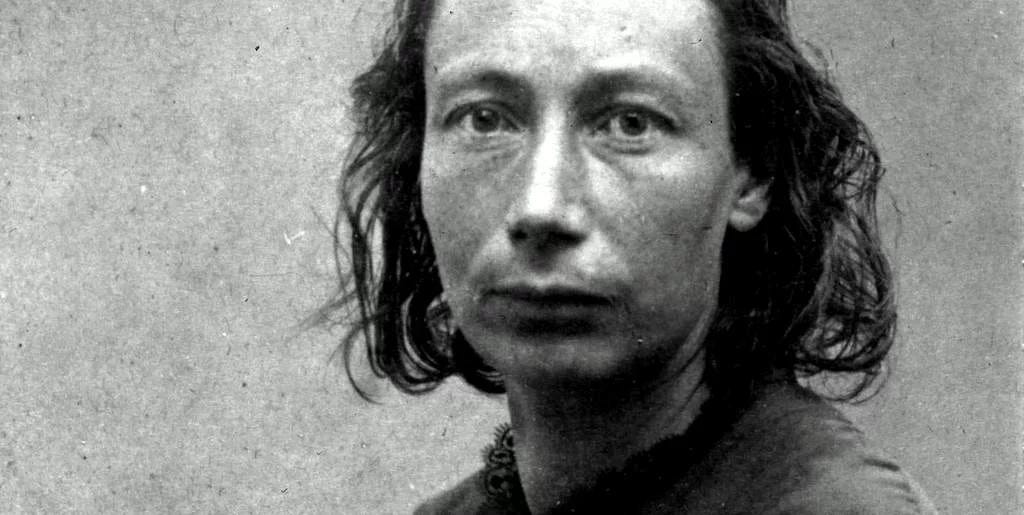
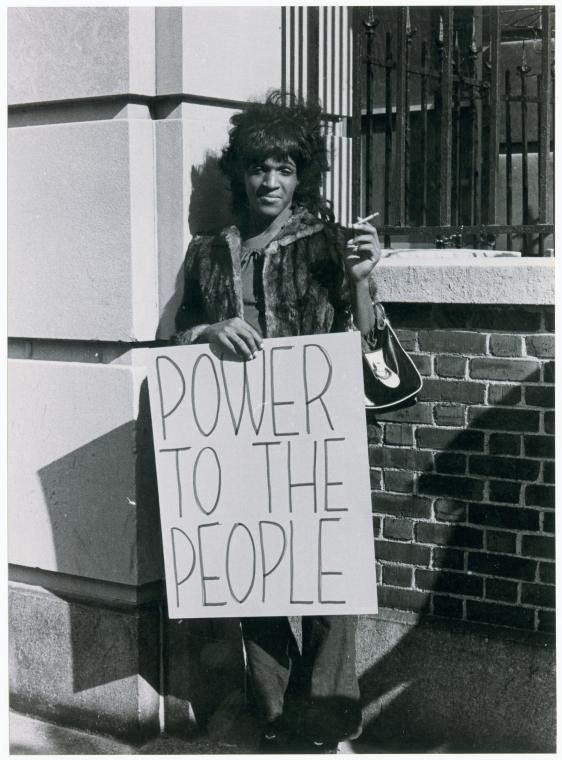

Reading Our Roles in Revolution
Mediators:
“How to De-Escalate Conflict and Build Stronger Movements”
Healers:
Disability After Dark podcast
Fighters:
We Are an Image from the Future
“The Rose of Fire Has Returned”
“Signals of Disorder” in Tides of Flame
Caretakers:
“Caring for a Dying Parent” on This Is What It Feels Like
Builders:
Connectors:
“Fire Extinguishers and Fire Starters”
Chapter “The Ecosystem of Revolt” in Here at the Center of the World in Revolt
Organization, Continuity, Community
And here’s one for one of the roles I skipped, Storytellers:




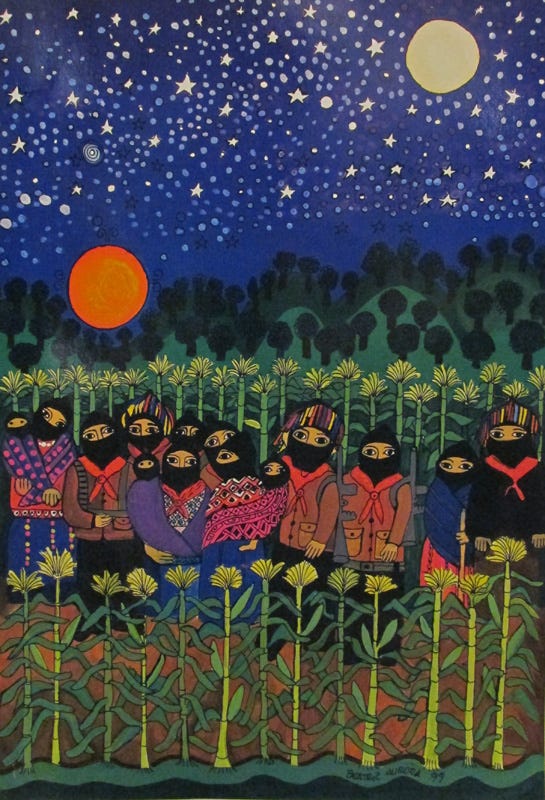
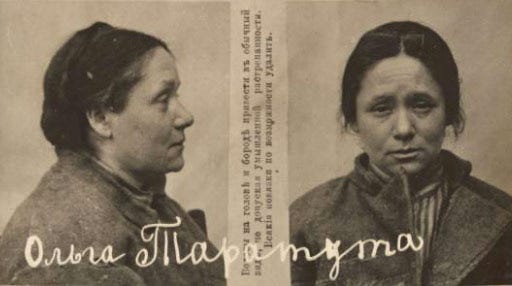
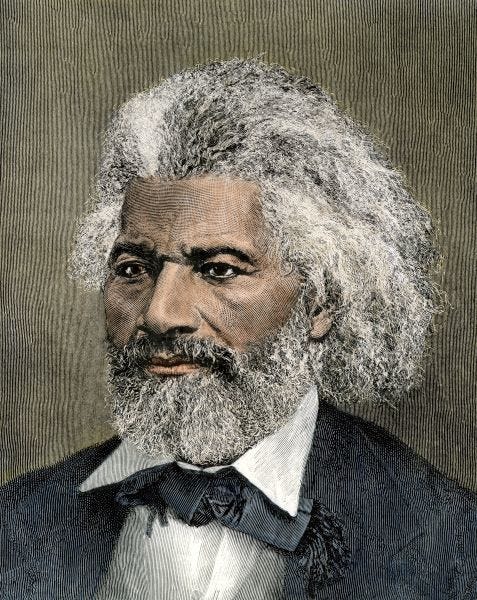
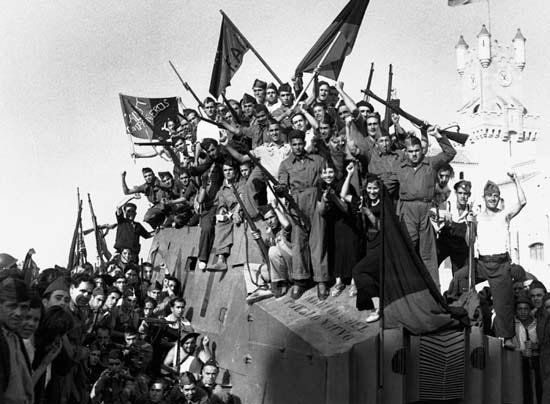
I've either done or trained at least a little for all of these roles except Builder (I do help with work days though!). My ability in any of them is limited by various factors, though, and I don't know which one I should try to specialize in. The only one I currently have community support for developing my skill in is Fighter, but I'm risking my life just by practicing martial arts due to a genetic condition, and no one in my community seems to know how to do the things that might be most helpful right now—or isn't talking about it due to the danger. I think I'd like to be a Connector and Mediator if I can find more opportunities to actually practice those roles (and if I can work through some of my triggers making the social stress overwhelming at times). I feel a lot of shame about not being on the frontlines though.
I love when you put out your polls! I find them really fun. I consider myself a builder, but I have some fighting and connecting skills (I know that seems contradictory). The last question was interesting because I answered lack of people to connect with, but I’ve recently found a new network and started building a chapter up island with other folks. For anyone reading those comment and curious visit the link below!
https://anarchistnetwork.info/